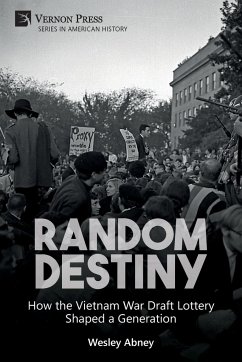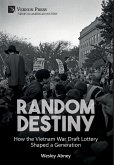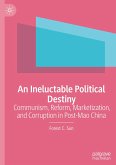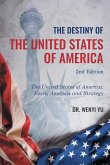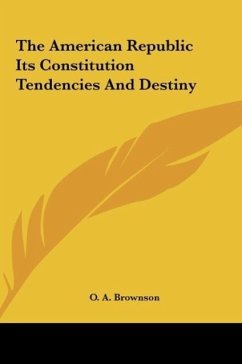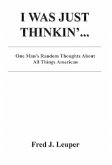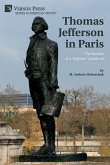This book provides a concise but thorough summary of how the selective service system worked from 1965 through 1973, and also demonstrates how this selective process, during a highly unpopular war, steered major life choices of millions of young men seeking deferrals based on education, occupation, marital and family status, sexual orientation, and more. This book explains each category of deferral and its resulting "ripple effect" across society. Putting a human face on these sociological trends, the book also includes a number of brief personal anecdotes from men in each category, told from a remove of 40 years or more, when the lifelong effects of youthful decisions prompted by the draft have become evident. There are few books which address the military draft of the Vietnam years, most notably CHANCE AND CIRCUMSTANCE: The Draft, the War and the Vietnam Generation, by Baskir and Strauss (1978). This early study of draft-age men discusses how they were socially channeled by the selective service system. RANDOM DESTINY follows up on this premise and draws from numerous later studies of men in the lottery pool, to create the definitive portrait of the draft and its long-term personal and social effects. RANDOM DESTINY presents an in-depth explanation of the selective service system in its final years. It also provides a comprehensive yet personal portrait of how the draft and the lottery steered a generation of young lives into many different paths, from combat to conscientious objection, from teaching to prison, from the pulpit to the Canadian border, from public health to gay liberation. It is the only recent book which demonstrates how American military conscription, in the time of an unpopular war, profoundly influenced a generation and a society over the decades that followed.

